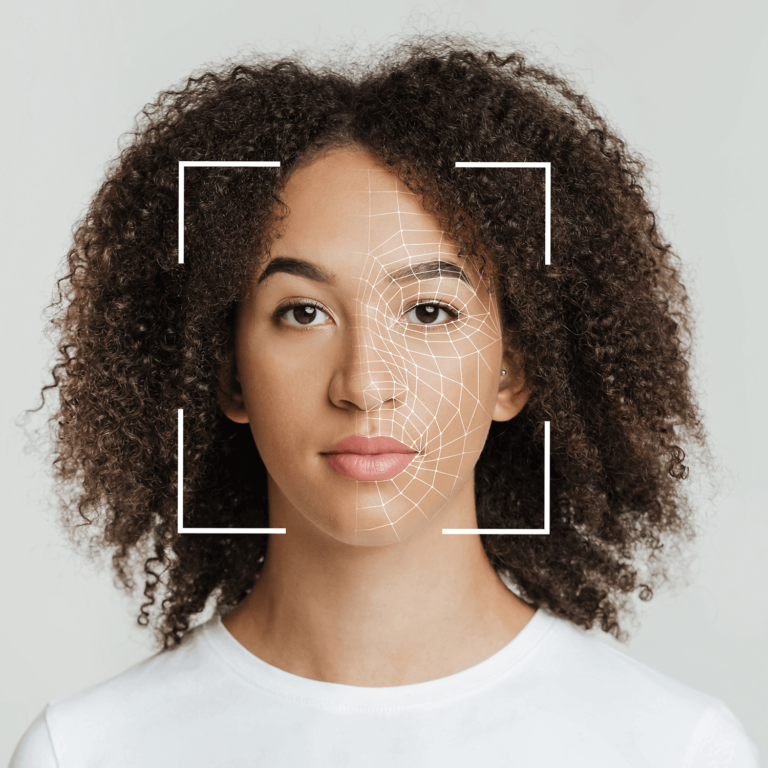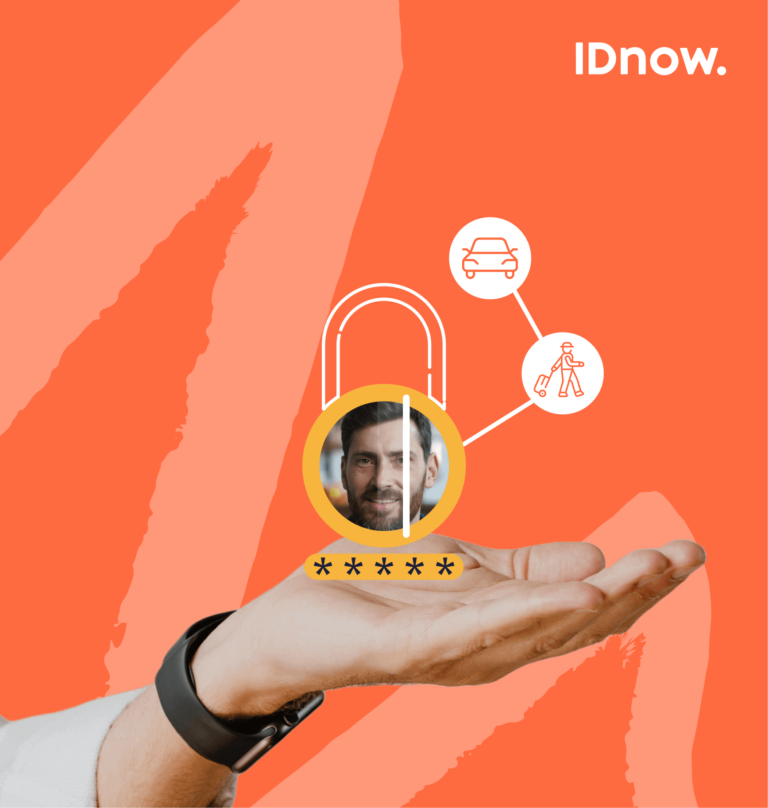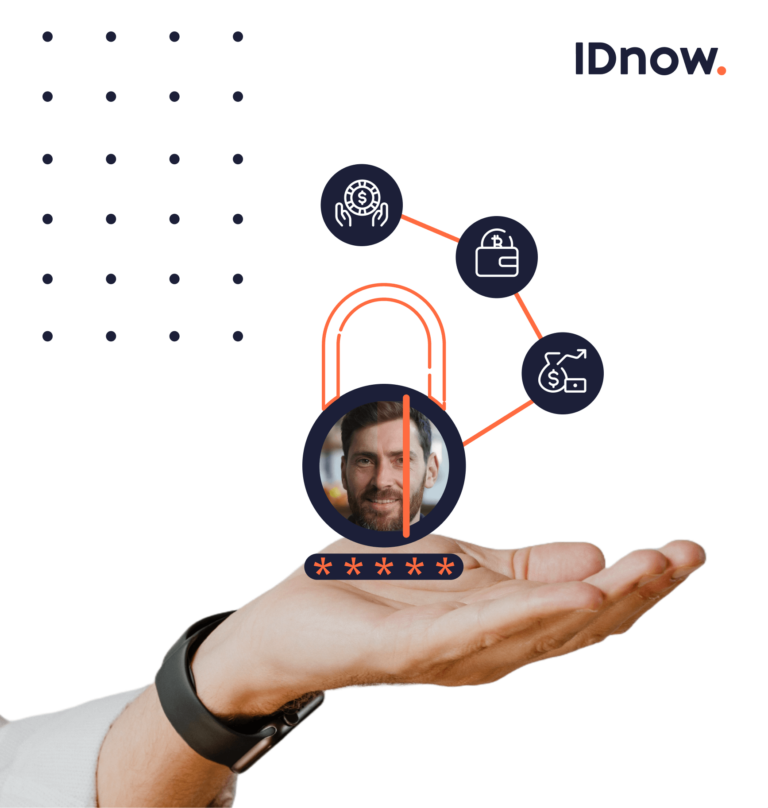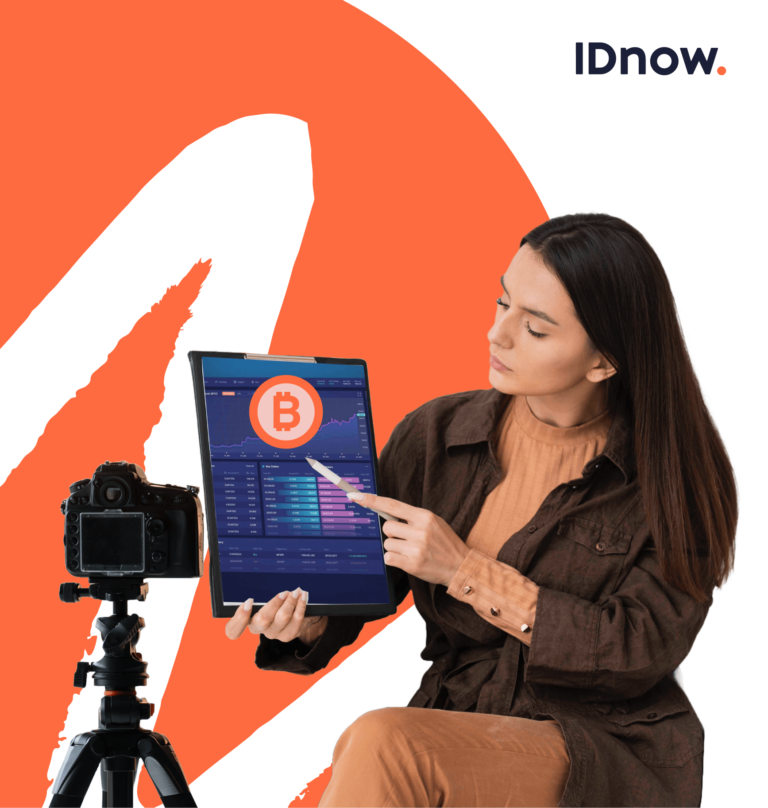What does eIDAS stand for?
electronic Identification, Authentication and trust Services or eIDAS is an EU Regulation on electronic identification and trust services for digital transactions, and it applies as law within the EU.
The eIDAS Regulation ensures that people and businesses can use their own national electronic identification schemes (eIDs) to access services. It aims to facilitate commerce in the EU through harmonized laws, security, technical neutrality, and interoperability.
Often used terms in the eIDAS regulation
There are many terms in the regulatory framework of eIDAS that are often used interchangeably - yet mean different things depending on how the term is used:
Electronic Identification (eID)
- an electronic method that guarantees the identification of a person
- (e.g. the use of IDnow product platform)
- an individual’s electronically-stored identity data
- (i.e. on a chip or credentials on a mobile phone)
- the act of identifying or authenticating oneself in a digital environment
- (through a National ID card e.g., the German National ID card)
eID scheme (simply put - a method of using and eID)
- The scheme describes “a system for electronic identification that is developed by public sector, private companies, or public-private joint ventures”.
- These schemes can be “notified” and approved by a Member State to ensure the scheme meets security requirements at substantial or high. (The German eID is a notified scheme based on the National ID chip card)
- The Digital Wallet can serve as an eID scheme
The process of formally approving an eID scheme is known as “notification.” Each Member State is responsible for notifying its own eID schemes, and must ensure it meets eIDAS security and quality requirements.
Meeting the requirements of the eIDAS regulation
The eIDAS Regulation sets the definitions and categories for electronic identification and thereby aims at harmonizing services for its citizens. IDnow customers have benefited by our ability to meet eIDAS requirements in order to offer our customers Video and AutoIdent + QES for AML and non AML use cases.
By setting legally-accepted standards into law, eIDAS will enable new eID methods for digital services and at the same time, a way to store one’s digital identity credentials. eIDAS will affectively introduce a digital identity and digital wallet to all EU citizens and residents who want it.
A framework for a European Digital Identity with the new eIDAS Regulation draft
Earlier in June 2021, the EU proposed a new framework for a European Digital Identity, which will be available to all EU citizens, residents, and businesses in the EU. The new eIDAS Regulation draft proposes that all EU citizens will have the ability to prove their identity and share electronic documents via a European Digital wallet on their phone. Their aim is to offer a new way to access online public and private services with a national digital identification, which will be recognised throughout the whole of the European Union.
An e-wallet will (as part of eIDAS) enable the following:
- Store and manage digital identity credentials from an official Gov’t source
- Store and manage additional credentials (i.e. education, professional or health certificates)
- Store a QES
Learn more about the possibilities of the electronic signature in our eIDAS whitepaper.
The wallet can be used for onboarding and authenticating a user for AML, non-AML, Telecom, Trust Service use cases as well as public e-government services.
- Wallets can be introduced by the Member State or private sector through certification.
- The technical standards and implementing act are yet to be determined - this will be done with EC standardisation bodies.
The IDnow identity verification platform will continue to offer multiple products from the traditional VideoIdent, to more automated solutions like the AutoIdent, in all its versions, BankIdent, eID and also newer products in design. IDnow will include its own version of a digital wallet to the platform.



